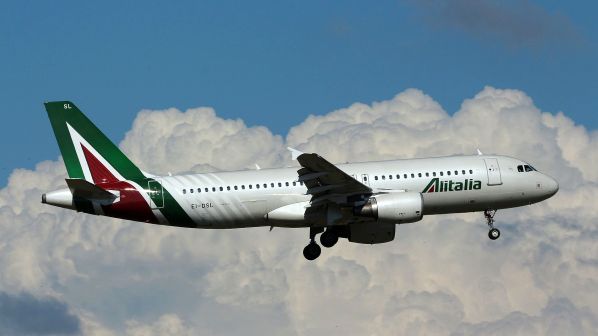Alitalia has been in special administration since May 2017 following several failed attempts to restructure the business, which must repay a €900m bridging loan to the government by December 15.
Mr Luigi Di Maio, leader of the Five Star party which forms part of Italy’s populist coalition government, has suggested that Alitalia could be rescued by state-owned companies.
Media reports have indicated that FS could partner with an international airline and bring in other Italian state-owned or private enterprises to ensure majority ownership remains within Italy. However, potential domestic partners such as Cassa Depositi e Prestiti, Leonardo and Eni have already ruled out taking on Alitalia and it remains unclear which companies will join FS’ bid.
German airline Lufthansa has also publicly rejected working with FS. “Investing is out of the question for us alongside a state-owned entity,” says CEO Mr Carsten Spohr.
The Italian parliament passed a law in April which set a deadline of October 31 for the sale of the Alitalia, a process which has been delayed by the change of government following March’s general election.
Since entering extraordinary administration Alitalia has cut costs and increased revenues, which rose 4.6% in the third quarter of this year to €953m.
Political intervention
FS’ bid for Alitalia follows a period of management upheaval at the state railway following the election of the new government. In July, incoming minister for infrastructure and transport, Mr Danilo Toninelli, dismissed the entire FS board, replacing CEO Mr Renato Mazzoncini with Mr Gianfranco Battisti, an FS employee of more than 20 years who previously served as director of the National and International Passenger Division and Trenitalia’s High Speed Division.
Mazzoncini was a close associate of former prime minister Mr Matteo Renzi and his dismissal was widely viewed as a political move by the new administration.
On October 10, minister of economic development, employment and social policies, Mr Luigi di Maio, prime minister, Mr Giuseppe Conte, and Toninelli convened a meeting with executives from major state-owned enterprises, including FS.
The ministers told the representatives present that it expected their companies to make short-term investments of at least €35bn in a bid to revive Italy’s stagnant economy and send a positive signal of the government’s intentions to the European Commission, which last week rejected the country’s 2019 draft budget on the grounds that it will increase the country’s deficit to 2.4% of GDP.
Two-days after the meeting, FS said in a statement that it had expressed a non-binding interest in acquiring Alitalia.
To facilitate the takeover, a new state-owned company could be created which would be capitalised with €2bn from FS or the Ministry of Economy and Finance, with the latter holding a 15% stake, although this proposal does not have the universal backing of ministers.
FS’ pursuit of Alitalia follows the state railway’s recent takeover of the National Autonomous Roads Corporation (ANAS), which manages 44,000km of highway infrastructure in Italy, and South East Railway (FSE), the country’s second-largest railway company, which was also in extraordinary administration at the time of acquisition.
Critics argue that all three are politically-motivated and do not reflect FS’ market-driven strategy.
There is also the question of whether EU competition authorities will allow the concentration of such power and resources in one state-owned enterprise.

